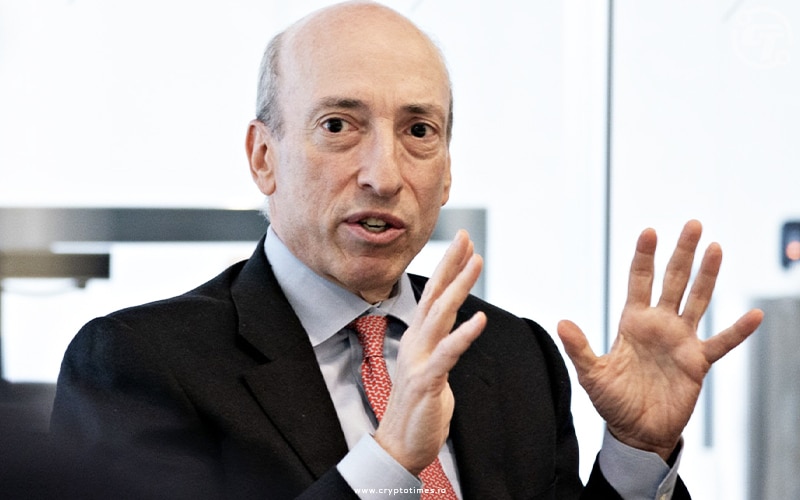On September 12, the Committee On Banking, Housing, And Urban Affairs conducted, where the Security and Exchange Commission’s chairman, Gary Gensler, answered many questions about cryptocurrency.
In a recent committee hearing titled “Oversight of the U.S. Securities and Exchange Commission,” Senators probed the agency’s efforts to regulate the burgeoning crypto market.
Mr. Brown, the Chairman of the committee, started the discussion on crypto by expressing concerns about crypto scams and frauds, which have cost consumers millions of dollars.
In response to his question of “whether the crypto market has lived up to its promises of providing investor protections,” Gary Gensler highlighted a lack of compliance in the crypto space, leading to fraud and abuse in the crypto space.
Furthermore, Senator Cortez Masto raised concerns about the SEC’s ability to enforce regulations in the crypto sector, given its limited staffing resources. Gensler admitted that the SEC’s staffing had only increased by 3% in the last seven years, despite the crypto market’s impressive growth in activity and complexity.
He raised doubts about having sufficient staff to combat crypto-related fraud effectively.
Senator Lummis questioned Gensler about Bulletin 131, also known as “The Financial Invasion Act.” It requires companies, including banks, to place crypto assets on their balance sheets.
She expressed concerns that this could potentially lead to consumer assets being seized by creditors in the event of a bankruptcy, citing the recent Celsius bankruptcy as an example.
Gensler acknowledged the Celsius case but emphasized that the judge’s ruling indicated that these assets were not segregated and protected, which was independent of the SEC’s staff accounting bulletin, as Celsius was a private company.
Further, Gensler faced questions about Bulletin 121 and its impact on banks providing custody for crypto assets. This bulletin requires assets to be backed one for one by USD. it potentially prevents heavily regulated financial institutions from offering custody services.
Gensler defended the SEC’s stance and stated that banks are free to manage their capital as they want. It is just about maintaining a balance between crypto assets as liabilities and assets.
During the hearing, Senator Sinema also raised concern over how the SEC rule-making process impacts small businesses. She asked How the SEC evaluates whether companies have adequate time and resources to give feedback on the SEC’s actions.
Gary Gensler responded by saying that the agency uses social media and conducts meetings to collect feedback.
Also Read: Gensler to Stand Firm on Crypto Enforcement in Senate Hearing






